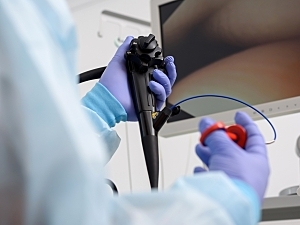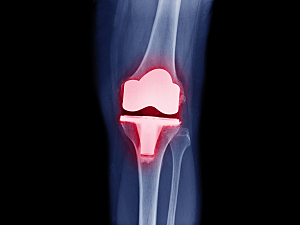Some U.S. Labs Do Not Systematically Report Globozoospermia

In a nationwide survey sent to in vitro fertilization and andrology clinic laboratory directors, Brigham researchers identified a gap between the ability of U.S. laboratories to recognize globozoospermia, a rare cause of male factor infertility, and the extent to which they report it to the clinician.
Read More...







